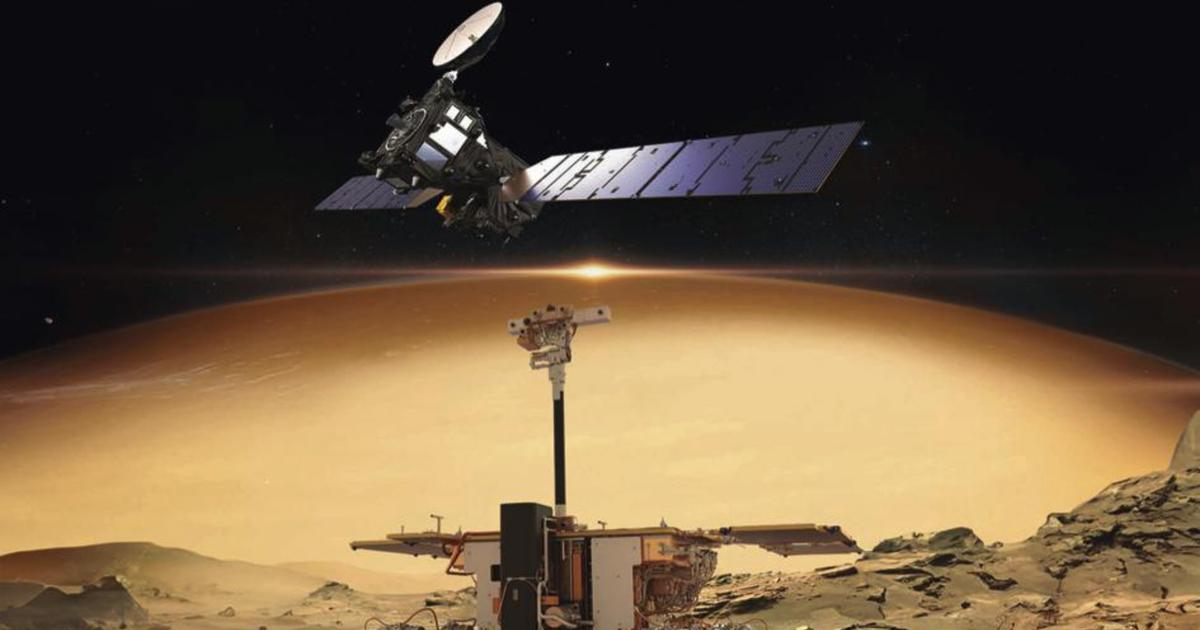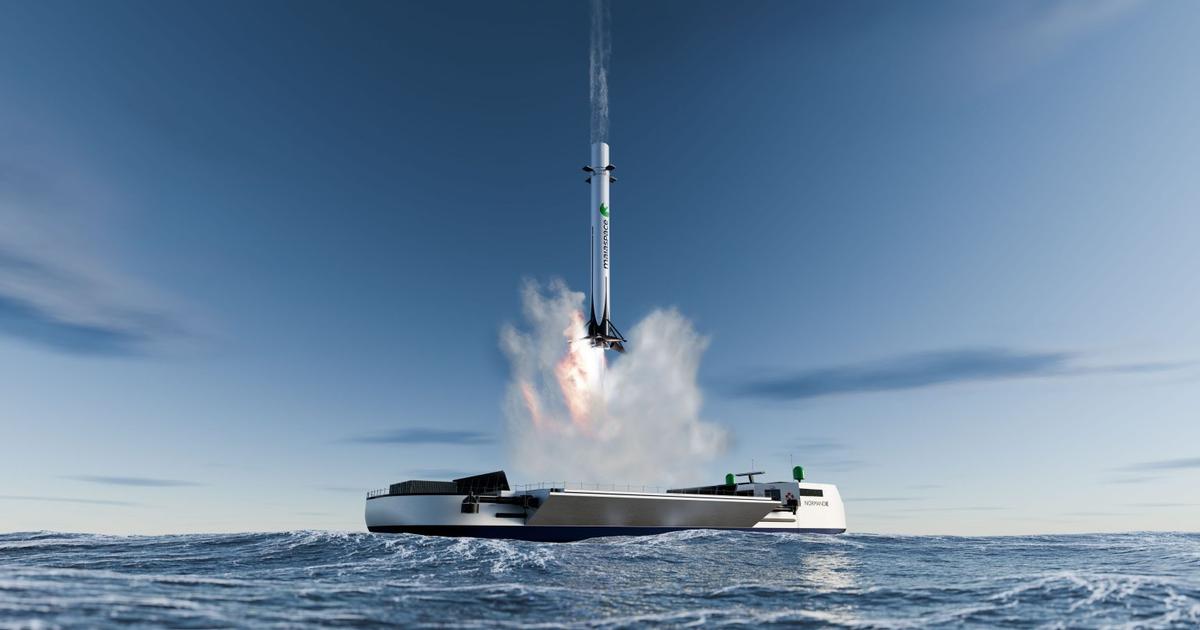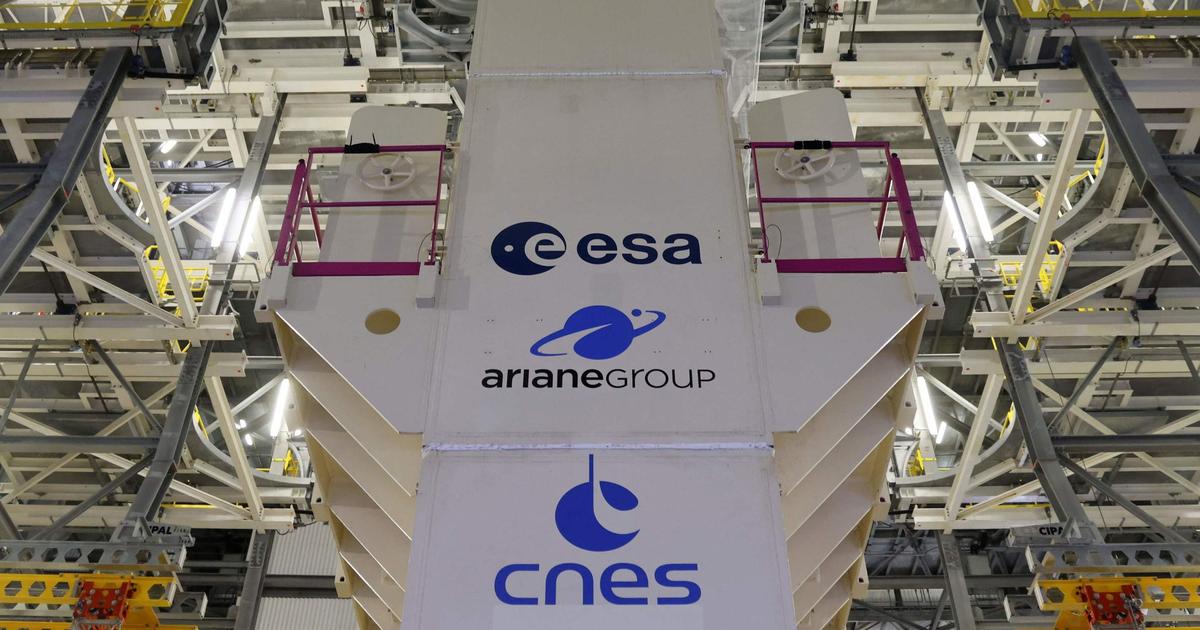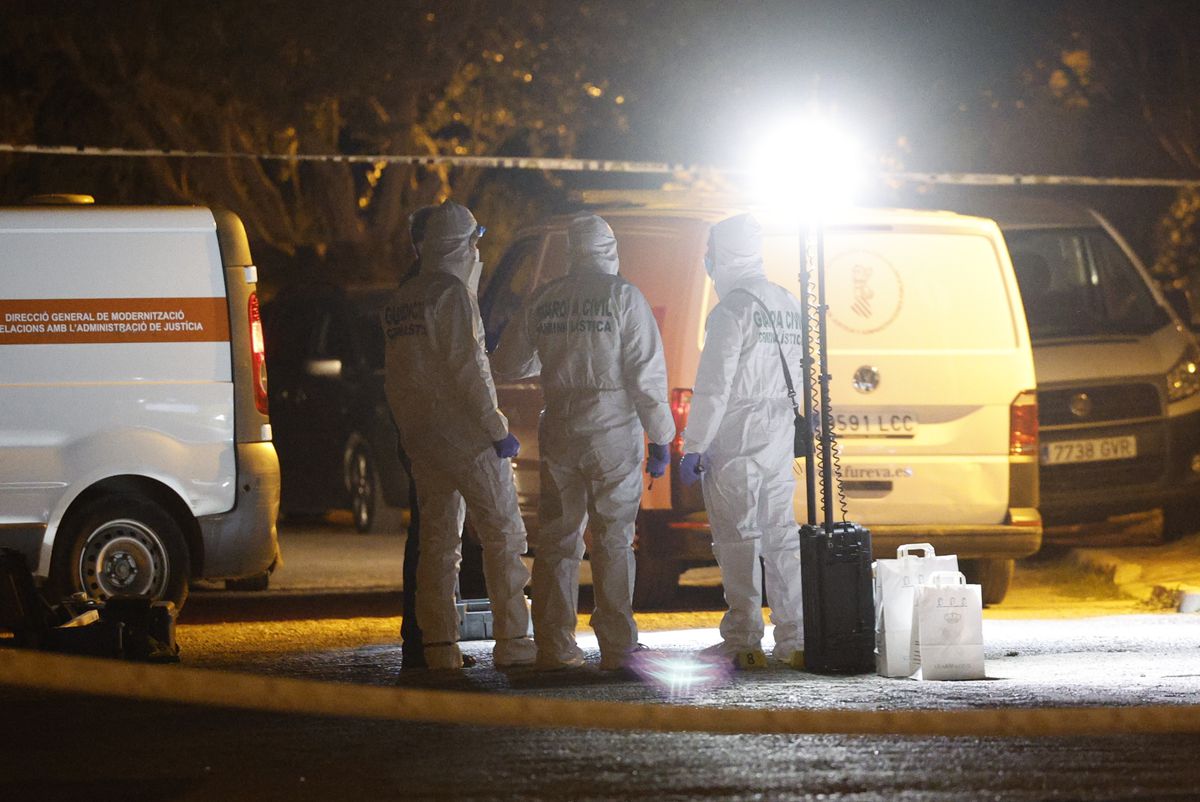The Vega rocket, the first
space
charter
for Europeans, the launch of which has been postponed many times due to the weather, finally took off on the night from Wednesday to Thursday, according to an AFP journalist on the spot. .
Read also: Arianespace is preparing to juggle five rockets between 2020 and 2022
The European launcher, the lightest in the Arianespace range, snatched from its launch pad at 10:51 p.m. local time (01:51 GMT), a launch announced just a few hours earlier.
It takes about two hours to find out if all the satellites have been properly placed in orbit.
This flight should mark the return of the rocket since its failure in the summer of 2019, which had led to its destruction, as a precaution.
“
We have identified the cause of this anomaly and we are ready,
” said Stéphane Israël, CEO of Arianespace, a few minutes before takeoff from Vega.
Vega represents a crucial stake for space Europe, which will enter a booming market, where competition - in particular that of the American SpaceX - is raging: the mission "
VV16
" is its first shared launch (or "
Rideshare
"), which is to place 53 satellites in low orbit on behalf of 21 customers from 13 different countries.
"
The Vega launcher and the 53 satellites on board are in a stabilized configuration and in total safety,
" Arianespace assured before the flight.
The "
cluster
" of this shared launch is made up of seven small satellites (weighing between 15 and 150 kilos), as well as 46 nano-satellites, which are lighter.
Their applications are multiple, from Earth observation, to communication, including technological development and scientific research.
The last postponement of the launch on Tuesday was due to a typhoon passing over a tracking station in South Korea.
Before that there was the Covid-19 crisis, then particularly unfavorable weather conditions (strong high altitude winds) this summer over Guyana.









